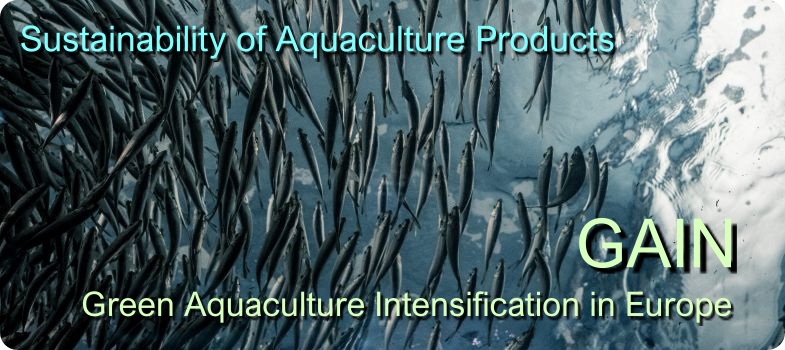Welfare impacts
There is a growing concern about animal welfare among consumers in general from all over the world. It concerns the intensification of the farming systems and the low knowledge of farming practices, especially in aquaculture. This is partly fuelled by
bad press from media and other sources. However, there is a perception that there are higher animal welfare standards in the western countries but most EU seafood is imported from areas where standards are perceived to be much lower.
Animal welfare is a concept that has both ethical and scientific dimensions and there are many different definitions related to several aspects. A scientific definition of animal welfare would be, “the ability to cope physiologically, behaviorally, cognitively
and emotionally with the complexity of the environment”, including the subjective experience of its condition too.
Many different actors are playing on driving change in fish welfare from regulators to consumers. Retailers play an important role and they look for confidence in the production chain, often by the use of certification. In aquaculture, the presence of fish welfare in the certification schemes is increasing with time.
A recent survey showed the importance that consumers are now giving to animal welfare when they choose the products they buy. This was conducted by Eurogroup for Animals and showed fish welfare was an important factor the consumers were taking into account when buying fish.
An example of how the EU is now approaching the future of intensification and looking at sustainability is the European campaign named “End of the Cage Age” that responds to the consumer demands on animal welfare. This type of campaign will also affect aquaculture and it poses many questions about the future of this industry.
